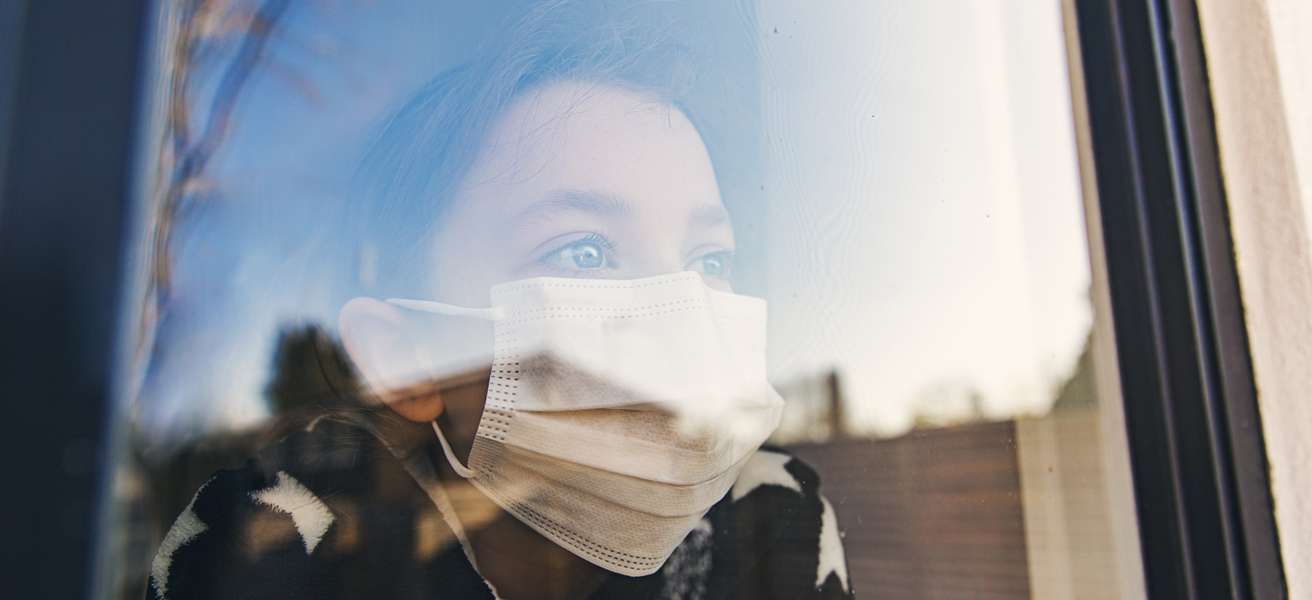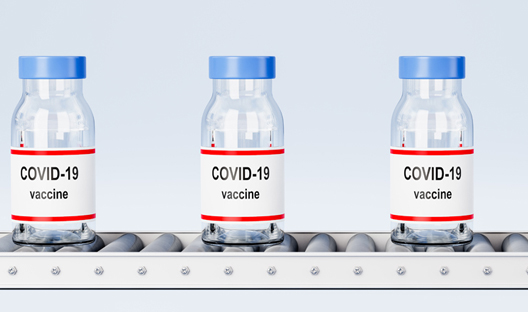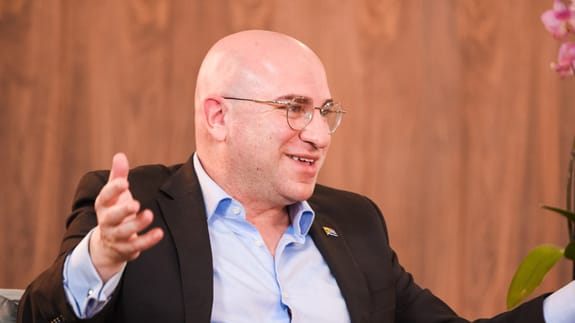Watch part one of Life with Covid
Watch part two of Life with Covid
Watch part two of Life with Covid
Unvaccinated people are driving up the chances of mutation, creating more opportunities for the Covid-19 virus to bypass the immune system. The more people who are vaccinated, the closer we will get to a point of containment like we have with the flu. That was the clear message given by leading experts from the medical, pharmaceutical and insurance fields who participated in a recent Investec Life webinar.
We've all heard of the Delta variant, but you might not know that when it comes to the new Covid-19 variants, we are already down to "Mu" - the halfway point in the 24-letter Greek alphabet. The problem is that the closer we get to Omega, the more likely it is that the virus “up mutates”, meaning it becomes more transmissible and no longer responds to the vaccines we have.
It could also mean people will have to be vaccinated annually for different variants. In such a scenario, the demand for vaccines could easily outstrip the supply, said Dr Stavros Nicolaou, Aspen Pharmacare's Group Senior Executive, one of the panellists on the webinar.
Prefer to listen on the go?
Listen to a 25-minute podcast of the Investec Life with Covid webcast.
Over-60s are not coming forward in the numbers we need
On a macro-level, around 18% of South Africans have now received at least one Covid-19 vaccination. Our vaccination programme started slowly but gained momentum, especially as government opened up registration to all the adult age groups. Still, we’re not moving fast enough to meet the goal of vaccinating 38 million South Africans by 31 December - the month in which all our panellists are predicting a fourth wave of Covid-19 infections.
Although securing vaccine supply remains important, the need to convince South Africans that vaccines are safe and effective is equally critical.
Professor Francois Venter, from Wits university, expressed dismay that demand for the vaccine is highest among the healthiest in our society, who are more likely be able to shrug off the virus. In contrast, the vulnerable over-60 cohort is not coming forward in the numbers that we need. This despite the fact, confirmed by Dr Nicolaou, that people over 55 represent 72% of ICU Covid deaths.
28% of South Africans have vaccine hesitancy
Vaccine hesitancy is complex, and it’s been elevated into something of a cultural war between those who trust the science, the undecided, and those who believe we’re being manipulated by clandestine forces.
Most unvaccinated people fall into the undecided camp but this differs by country, ranging from 10-20% in the UK to 50% in Japan to 60% in France, according to a recent survey by the International Monetary Fund.
In South Africa, the University of Johannesburg and the Human Sciences Research Council released results last month showing that vaccine acceptance was tracking at 72%, up from 67% in a previous survey conducted at the end of December 2020. The shift, while positive, still means that 28% of South Africans are not actively registering for jabs on the Electronic Vaccination Data System (EVDS).
This hesitancy is being driven primarily by the youth (ages 18–24) and by white South Africans, who were nearly twice as hesitant to receive a vaccine as respondents who identified as black South Africans.
Though more white South Africans have been vaccinated overall, this is almost certainly a function of having access to better healthcare and private transport, a point Dr Nicolaou urged government to address by making vaccine access as easy as possible through interventions like mobile clinics that can go deep into remote areas.

Incentivising vaccination
To those who are high risk (60+) but still on the fence, Professor Venter suggested offering incentives like supermarket discounts and increases on pension pay-outs on presentation of a vaccine card. And while this feels like yet another burden on our already stretched fiscus, it pales in comparison to the cost of an ICU bed for someone fighting to breathe, or the cost to the economy of another hard lockdown.
It's tempting to think that vaccines are only personal choices, and that individual autonomy and personal freedoms should always be held sacred. But this argument will always fail when viewed through a community lens, because a refusal to vaccinate creates consequences that aren’t always the individual's to face.
We will all contract Covid-19 many times in our lives
The experts on the panel were unanimous in urging South Africans to follow the science and to be sceptical of anecdotes or the views of uninformed influencers, no matter how big their following. The panel also agreed that while vaccines are effective and essential to defeating the virus, they are also imperfect.
All of us will probably contract Covid many times in our lives. The virus is simply too infectious to rely on non-exposure forever. But by vaccinating we can limit the ability of the virus to spread and mutate. And contracting Covid after vaccination typically amounts to a few days at home in bed rather than isolation in a hospital ward, hoping for the best.
Investec Life Limited is an authorised Financial Services Provider 47702.

Watch Prof Venter's March 2021 webinar
To debunk myths and manage expectations around the vaccine, Investec Life invited Professor Francois Venter, one of South Africa’s foremost experts on the virus, to share his insights in March 2021.
Receive Focus insights straight to your inbox





